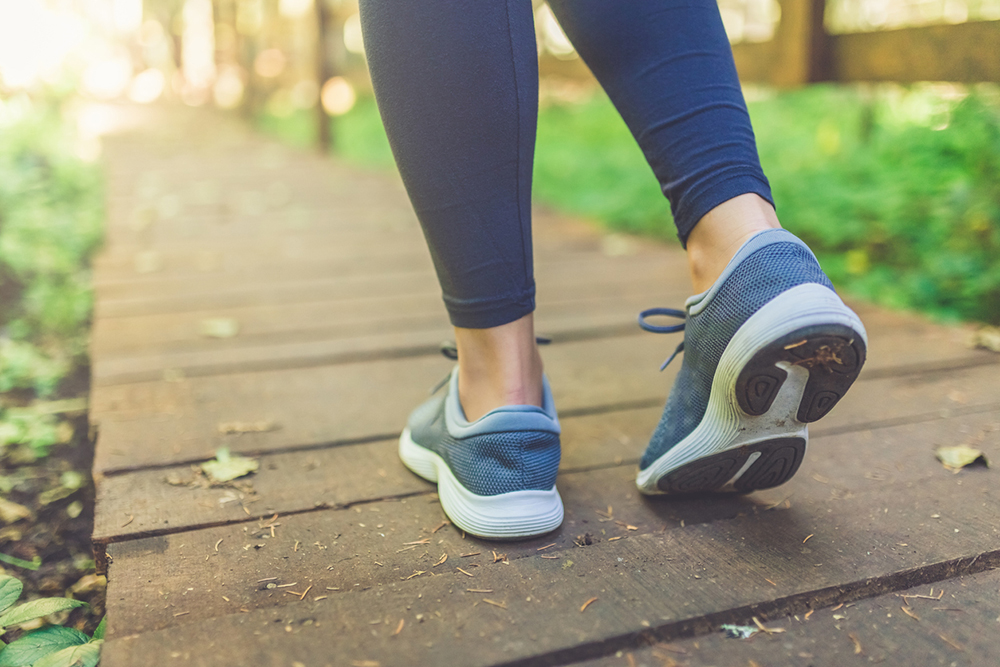Choosing the Right Shoes for Walking and Running
Tuesday, 24 December 2024 00:00
Selecting the right shoes for walking and running is essential for comfort and injury prevention. For walking, look for shoes with proper arch support and cushioning to absorb impact during each step. A lightweight design with a flexible sole helps ensure natural movement. When choosing shoes for running, prioritize a snug fit surrounding the heel and midfoot with more flexibility in the toe area to accommodate the push-off phase. Running shoes should offer more cushioning and stability to handle the repetitive force of running. It is also important to consider the surface you will be walking or running on. Shoes for trail running need more grip and durability, while shoes for road running focus on cushioning. Finally, ensure that your shoes fit well, allowing room for toe movement but without excess space. If you have endured a foot injury from walking or running, it is suggested that you confer with a podiatrist who can treat various foot conditions, and guide you on correct walking or running shoes.
For more information about walking shoes versus running shoes, consult with the podiatrists from New England Family Foot Care. Our doctors can measure your feet to determine what your needs are and help you find an appropriate pair of footwear.
Foot Health: The Differences between Walking & Running Shoes
There are great ways to stay in shape: running and walking are two great exercises to a healthy lifestyle. It is important to know that running shoes and walking shoes are not interchangeable. There is a key difference on how the feet hit the ground when someone is running or walking. This is why one should be aware that a shoe is designed differently for each activity.
You may be asking yourself what the real differences are between walking and running shoes and the answers may shock you.
Differences
Walking doesn’t involve as much stress or impact on the feet as running does. However, this doesn’t mean that you should be any less prepared. When you’re walking, you land on your heels and have your foot roll forward. This rolling motion requires additional support to the feet.
Flexibility – Walking shoes are designed to have soft, flexible soles. This allows the walker to push off easily with each step.
If you have any questions, please feel free to contact our office located in Milton, MA . We offer the newest diagnostic and treatment technologies for all your foot care needs.




